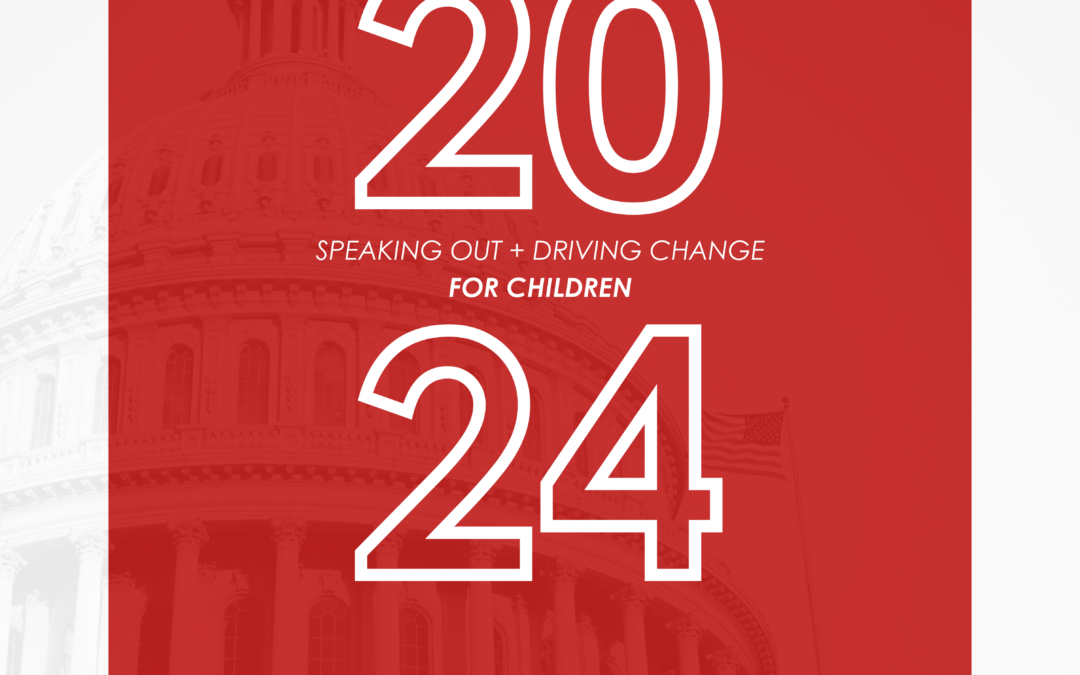Kim Kofron, Senior Director of Education with CHILDREN AT RISK, testifies in support of SB 599/ HB 4127 during the March 11, 2025 Texas Senate Health and Human Services Committee Hearing.
ADVOCATING IN SUPPORT OF SB 599/HB 4127
As the name implies, family home child care is simply an individual Texan providing care in his or her – usually her – home. These small businesses provide working parents with smaller, more personalized care right in their neighborhoods. Some home providers specialize in providing child care during night-time work hours or offer other flexible arrangements for wage workers
Home-based child care is everywhere in Texas and serves all kinds of working Texans. Many parents want to send their children to family child care homes that are closer to home or more culturally responsive. Parents in rural communities or working non-traditional hours often have no other options as center-based child care is not economically feasible in areas with low population and at non-peak times.
Texas has lost 18% of our family child care homes or 879 family providers since before the COVID-19 pandemic. The loss of child care only continues today as more programs close each month. Businesses are feeling the pinch. Employers in “child care deserts” with existing child care shortages and in rural communities rely on home-based child care providers, as do businesses operating during non-traditional hours. A drop in family home child care hurts employers, reduces profits, and creates a drag on the Texas economy.
THE PROBLEM
- Decrease in Child Care Providers: Texas has seen a significant loss of family child care homes since 2019, with nearly 900 providers closing. This loss is more pronounced in rural areas and “child care deserts”—areas with limited child care options.
- Economic Impact: The shortage of child care options affects parents, businesses, and the broader economy, particularly as parents struggle to find care for their children, impacting their ability to work.
- Local Regulations: Excessive local zoning and ordinances prevent home child care providers from opening or operating efficiently, exacerbating the problem.
THE IMPACT
- Workforce Shortages: Employers, especially in rural communities and those requiring non-traditional hours, face workforce shortages as working parents have fewer child care options.
- Economic Slowdown: As child care options dwindle, it impacts economic activities, particularly for small and mid-sized businesses that rely heavily on local employees.
THE SOLUTION
- Support SB 599/HB 4157
- Local Deregulation: The Texas Health and Human Services Commissions regulates and monitors the health and safety of child care centers in Texas. State child care regulations create a consistent and research-based standard statewide for the well-being of children. Unfortunately, some local ordinances and zoning can create huge hurdles for Texans wanting to create more family home child care for working parents.
- Support for Providers: By reducing regulatory hurdles, the bill helps more providers to operate, thereby increasing child care options and supporting working families.
- Economic Benefits: With more child care options, parents can work more consistently, aiding local businesses and boosting the economy.
READ MORE FROM C@R

Virtual Press Conference: CHILDREN AT RISK and Community Leaders on the Future of the Child Tax Credit
C@R and researchers, family policy experts, and community leaders will hold a press conference urging Congress to ensure that any revisions to the Child Tax Credit (CTC) maintain its proven support for working families. Media Contacts:Morgan Gerri,...

Press Conference: Education, Legislation, and Workforce Alignment in Texas
Changes to school funding, teacher certification requirements, and public education policy poised to reshape academic recovery and career preparation for Texas students. Media Contacts:Morgan Gerri, 832.600.9354Rashena Franklin, 713.301.4577 HOUSTON, TX (June 6, 2025)...

State Senator César J. Blanco Passes Bill to Help Young Adults inWest Texas Get Back to School and Work
FOR IMMEDIATE RELEASE: Contact: Taylor Sanchez Taylor.sanchez@senate.texas.gov Austin, Texas – The Texas Senate has passed Senate Bill 1143, authored by Senator César J. Blanco, to help reconnect young adults in West Texas with education, job training, and career...

2024 Annual Report
Dear Friends and Advocates, At CHILDREN AT RISK, we believe that every child deserves a fair shot at success—and we know that it takes all of us to make that happen. Whether you’re a policymaker, educator, donor, volunteer, or advocate, your partnership has helped...
Connecting Across the Lone Star State: Reflections from CHILDREN AT RISK’s Spring 2025 Texas Tour
This spring, CHILDREN AT RISK’s early childhood team had the incredible opportunity to connect with our early learning family across Texas! While virtual tours may not physically transport us to the stunning beauty of an East Texas wildflower patch or the vibrant hues...

CHILDREN AT RISK Condemns Unlawful Deportation of U.S. Citizen Children
FOR IMMEDIATE RELEASE CHILDREN AT RISK Condemns Unlawful Deportation of U.S. Citizen Children and Urges Immediate Federal Action Houston, TX — CHILDREN AT RISK, a non-partisan research and advocacy nonprofit dedicated to improving the quality of life for children,...
Stay Informed
Sign up for our Advocacy Action Alerts for updates during the legislative session, our latest research, policy analysis, and ways you can take action!
